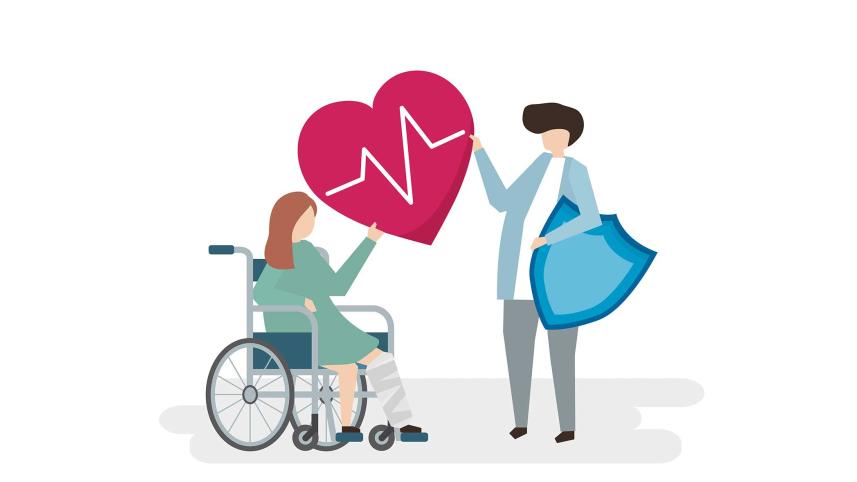First-of-its-kind health insurance for PWDs

The government's decision to introduce health insurance for people with disabilities (PWDs) is, no doubt, a praiseworthy one. The insurance policy, named "Bangabandhu Suraksha Bima for Persons of Disabilities," will cater to people with autism, Down's syndrome, intellectual disability, and cerebral palsy. Reportedly, the initiative has been piloted in Dhaka city, Dhaka district and Sylhet district as the number of people with autism and other neurological disabilities is higher in Dhaka and Sylhet than in other districts.
A detailed report in this daily tells us that PWDs will not have to pay any fee for the insurance scheme; rather, their parents will have to pay a nominal premium, which will vary depending on their income. Parents whose monthly income is Tk 25,000 or less will have to bear 25 percent of the annual premium or Tk 125, while those whose monthly income is more than Tk 25,000 will have to bear the entire annual premium, which amounts to Tk 600.
People with disabilities aged 3 to 25 years can now sign up for the policy. Decisions for expansion will be taken by the authorities on the basis of the initial response. In this respect, we believe piloting a new project is always a good idea before jumping headlong into unknown territory. It is also a sensible move to initially bring 100,000 people under this programme in the first year, and expand it to include the visually impaired, speech-impaired and other categories of disabilities at later stages.
Health insurance for citizens with disabilities is a completely new and innovative idea in Bangladesh that will need careful handling right from the beginning. It must be ensured that the target group can access the services without having to experience unpleasant hassles. Feedback from relevant stakeholders will need to be incorporated to bolster the scheme.
The implementers will need to be prepared to set the best examples of interaction with people with disabilities and their parents/guardians. It goes without saying that a successful implementation of the pilot project will pave the way for bigger and better social welfare projects in the future.



 For all latest news, follow The Daily Star's Google News channel.
For all latest news, follow The Daily Star's Google News channel.
Comments